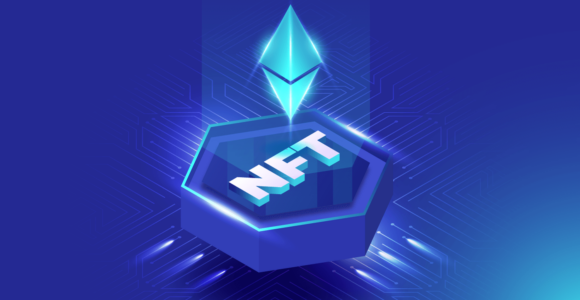Most cryptocurrency coins and tokens are fungible. One Ether coin is the same as any other. But some tokens are associated with unique real-world items — artistic masterworks, for instance. We refer to these unique tokens as non-fungible.
Glossary
Sometimes it seems the crypto world adopts specialized jargon just to be opaque - but it doesn’t have to be that way. Here’s a quick definition of the word “altcoin” and how the term came to be created in crypto’s early days.
Bitcoin miners experience halving once every four years. Here’s a quick look at how halving affects the BTC community and the implications for investors. (Spoiler: If you’re not a Bitcoin miner, you probably needn’t care.)
A seed phrase is a sequence of words that can be converted easily into a long number. In the crypto world, seed phrases represent an alternative to long numeric cryptographic keys, which are virtually impossible to remember.
Smart contracts are neither contracts nor particularly smart. They're just simple programs that are stored on the blockchain. Smart contracts are key to the development of decentralized applications based on cryptocurrencies.
Let’s say you’re shopping for shoes. On Thursday, you see exactly the pair you have been looking for. The price is 50 euros. You return to the shop after work to buy them, only to find the price is now 100 bucks. What gives?
Modern cryptocurrencies run on blockchains, open ledgers made from blocks of transaction data. Funds are secure because the data blocks containing transaction data are cryptographically validated before they are added to the blockchain.
You know a topic is trending when it lands in the Wall Street Journal. The business press has begun covering DEXs, the attention-getting services that promise to give users and investors more control over their crypto funds.
Cryptocurrency sites like Kriptomat tend to use the terms “coin” and “token” interchangeably, but in fact, there is a simple technical difference. Once you know it, you'll be able to speak authoritatively like a crypto insider!
Blockchain technology is built upon a foundation of cryptography – the encryption of addresses and other information using sophisticated computer operations. Cryptography is a key element in making crypto transactions secure.
Suppose you wanted to make crypto transactions based on changes in the price of gold. The smart contract for your app would be simple to write except for one thing: Gold isn't on the blockchain. Your app can't access or verify the price.
We’ve all heard that we’re living through the crypto revolution – but what does that really mean? What is a cryptocurrency anyway? How does cryptocurrency work? And what are the reasons for anyone to invest in them?











 IOS
IOS Android
Android